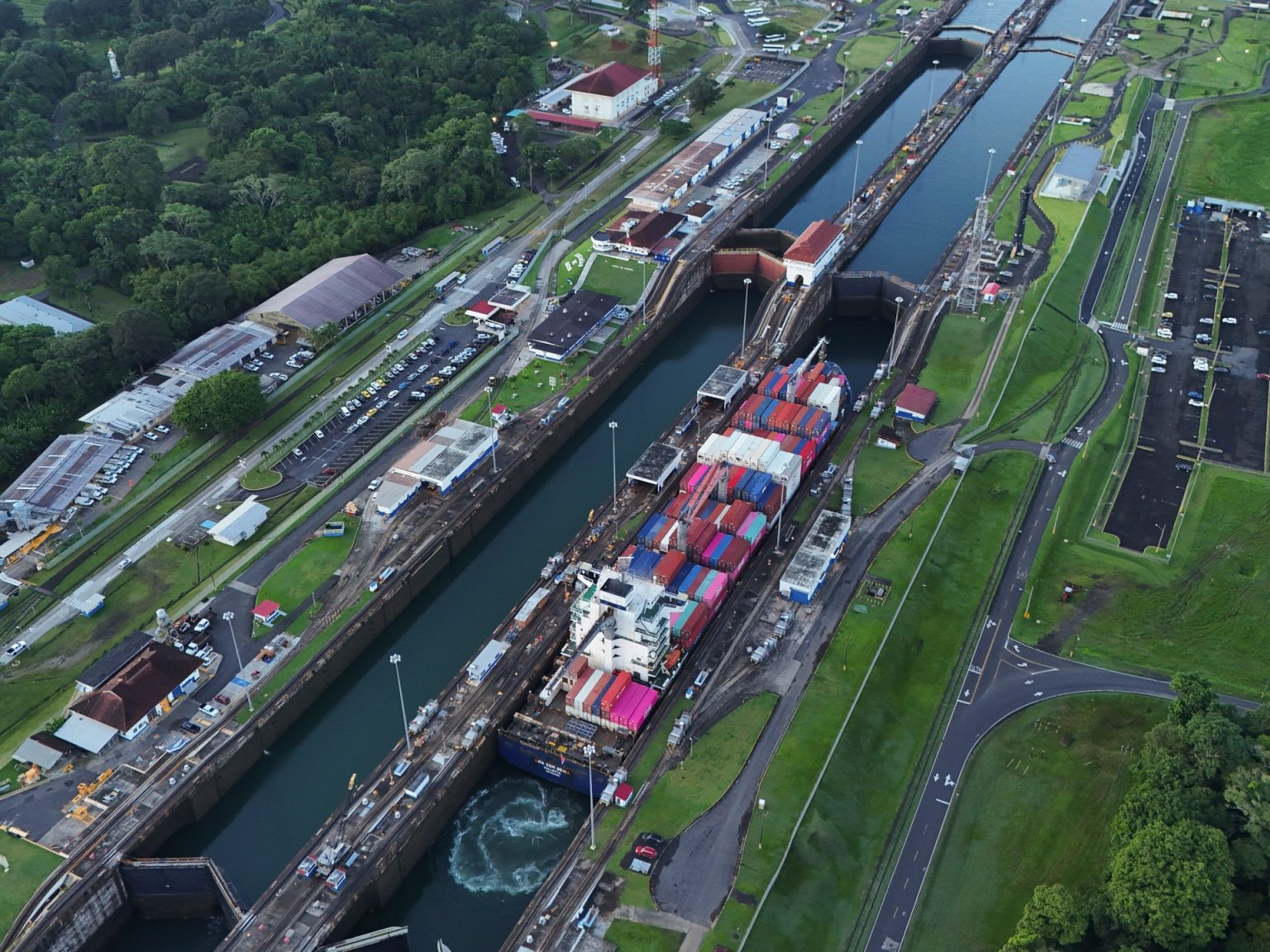Donald Trump’s recent pronouncements regarding the Panama Canal offer a glimpse into his worldview, characterized by a distorted perception of history, a penchant for hyperbole, and a disregard for international norms. His claim that Panama is “ripping off” the US with exorbitant canal fees while simultaneously benefiting from American “generosity” is a prime example of this skewed perspective. It conveniently ignores the long and often fraught history between the two nations, a history marked by US interventionism, exploitation, and a blatant disregard for Panamanian sovereignty.
Trump’s assertion of American “generosity” towards Panama is particularly galling considering the US’s historical record in the region. The 1989 US invasion of Panama, codenamed “Operation Just Cause,” resulted in the deaths of thousands of Panamanian civilians, a tragic consequence of a military operation ostensibly aimed at apprehending Manuel Noriega, the then-leader of Panama. This act of aggression, justified by the US government as necessary to protect American interests and combat drug trafficking, left lasting scars on Panamanian society and served as a stark reminder of the power imbalance between the two nations. The invasion itself, and the subsequent capture and trial of Noriega, a former CIA asset, further underscores the complexities and contradictions inherent in the US-Panama relationship.
The construction and operation of the Panama Canal itself is another chapter in this complex history. While presented by some as an act of American ingenuity and benevolence, the canal’s construction was marred by exploitation, racial discrimination, and a disregard for Panamanian sovereignty. The creation of the Panama Canal Zone, a US-controlled territory within Panama, further cemented American dominance in the region and perpetuated a system of racial segregation that mirrored practices within the US at the time. The Canal Zone also served as a strategic military outpost for the US, housing numerous military bases and institutions like the School of the Americas, notorious for training Latin American military personnel in counterinsurgency tactics, some of whom later became dictators and human rights abusers.
The historical context surrounding the Panama Canal further dismantles Trump’s claims of American generosity. The US played a pivotal role in Panama’s secession from Colombia in 1903, a move orchestrated to secure favorable terms for the canal’s construction. This interventionist approach, driven by a desire to establish a strategic waterway for global commerce and military projection, underscores the US’s historical prioritization of its own interests over Panamanian self-determination. The legacy of this intervention continues to shape the relationship between the two countries, and the lingering resentment over past US actions contributes to the current tensions.
Trump’s rhetoric regarding the Panama Canal, much like his “America First” mantra, serves as a rallying cry for his supporters, appealing to a sense of nationalistic pride and grievance. By portraying Panama as an ungrateful beneficiary of American largesse, he taps into a narrative of American exceptionalism and reinforces the idea that the US is constantly being taken advantage of by other nations. This rhetoric, divorced from historical context and factual accuracy, serves to justify aggressive foreign policy stances and distract from the US’s own complex and often problematic role in global affairs.
Trump’s pronouncements on Panama should not be viewed in isolation but rather as part of a broader pattern of rhetoric and actions that undermine international cooperation and disregard historical realities. His casual dismissal of international agreements, his penchant for inflammatory language, and his tendency to prioritize transactional relationships over long-term partnerships all contribute to a volatile and unpredictable international landscape. The Panama Canal dispute, while seemingly a minor issue in the grand scheme of global politics, serves as a microcosm of Trump’s approach to international relations – an approach characterized by bluster, misinformation, and a disregard for the complexities of history and diplomacy.

